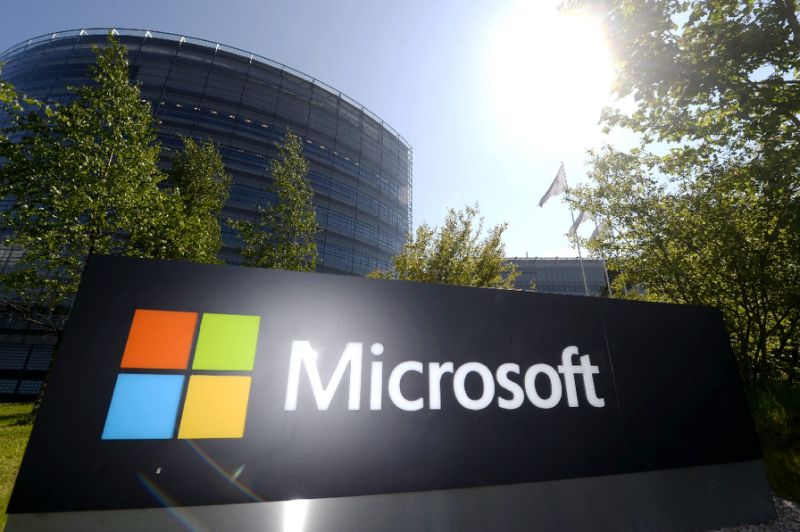Microsoft celebrates its 50th anniversary on Friday, marking five decades at the core of personal and business computing while navigating a new era dominated by artificial intelligence and cloud services.
Founded in 1975 by Bill Gates and Paul Allen with a vision of putting computers in every home and office, Microsoft rose to global dominance through its Windows operating system and Office software suite.
Today, the company is focused on positioning itself as a leader in AI technologies, even as it faces stiff competition from Amazon, Google, and others.
“From a storytelling standpoint, they’ve been a boring company and a boring stock,” said eMarketer analyst Jeremy Goldman. “But they’ve built a $2.9 trillion company—that’s no small feat.”
Microsoft’s shift to cloud computing, driven by CEO Satya Nadella, has fuelled recent growth. Its Azure platform, along with online versions of Office, form the backbone of its enterprise services.
“It’s not a very sexy infrastructure, but it’s a very valuable one,” Goldman said.
Despite past missteps—such as its failure to lead in the smartphone era under former CEO Steve Ballmer—Microsoft has made aggressive investments in AI. These include a multibillion-dollar stake in OpenAI, the maker of ChatGPT, and integrating the technology into Bing and other products.
However, analysts say Microsoft is still playing catch-up in the AI space.
“They’re not as advanced as AWS and Google when it comes to chips or foundation models,” said Jack Gold, an independent tech analyst. “They’re still behind.”
Microsoft’s consumer-facing ventures have met mixed results. While Xbox and LinkedIn have performed steadily, the company has struggled to build influence in areas like social media and mobile apps. Its search engine Bing remains far behind Google in market share.
Still, Microsoft’s legacy and infrastructure remain formidable. Its move to cloud-based subscriptions helped preserve the relevance of Office, even as free alternatives like Google Docs gained ground.
The company is also reportedly among the contenders to acquire TikTok’s US operations, a move that could expand its consumer reach.
As Microsoft enters its second half-century, it faces a rapidly changing tech landscape shaped by AI, regulation, and shifting user habits. The company’s next chapter, observers say, will depend on whether it can evolve beyond the software and infrastructure that built its past




